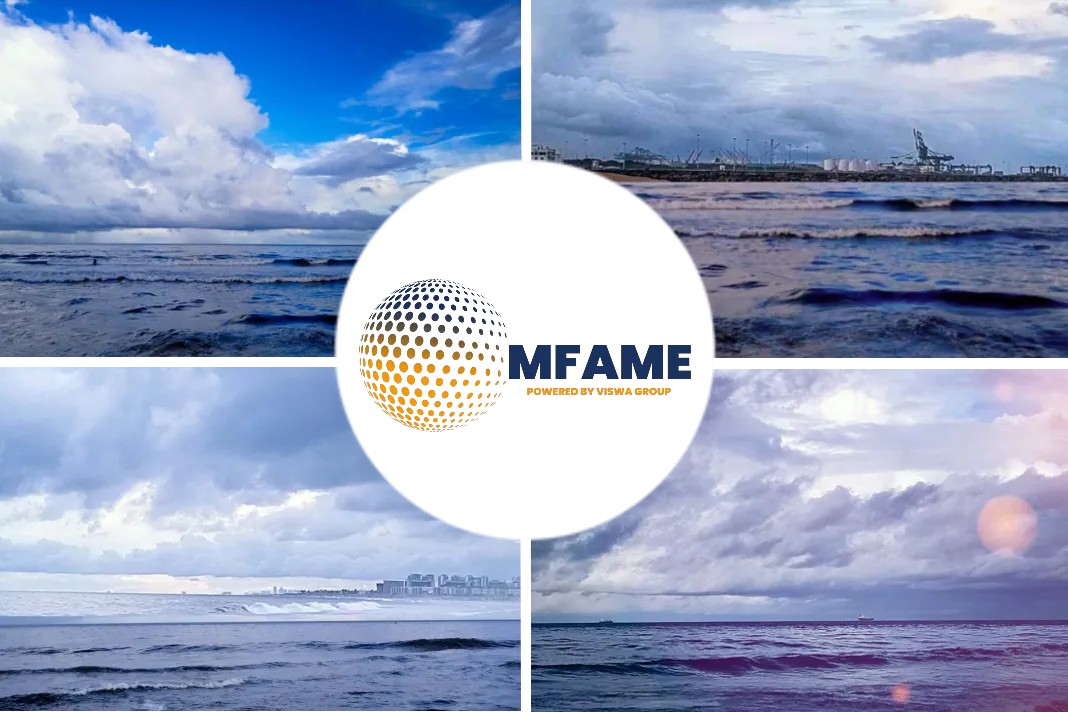
Some of the technology providers who will be helping to drive the marine energy transition have shared their thoughts with Bunkerspot on the fourteenth meeting of the Intersessional Working Group on Greenhouse Gases (ISWG-GHG 14) – and while most seem pleased with the tone of last week’s discussions, there is a clear call for ‘further granularity’ to emerge at the eightieth meeting of the Marine Environment Protection Committee (MEPC 80) in July.
Discussions held at ISWG GHG 14
Jorgen Clausen, Regulatory Affairs and IP at Silverstream Technologies (the company which is using air lubrication technology to provide fuel savings for ships), told us: ‘We are pleased with the initial discussions held at ISWG GHG 14. If implemented at MEPC 80, the more ambitious emissions reduction target of zero GHG emissions by 2050 will clearly require increased uptake of alternative fuels and proven clean technologies.’
‘The incentives for alternative fuel use discussed will also further the rationale for adopting commercially viable clean technologies such as air lubrication. Alternative fuels will be more expensive and less energy dense than conventional marine fuels, so reducing their use is an increasingly valuable proposition and will become a core strategic consideration for any shipping company looking to comply with the proposed target.’
Pekka Pakkanen, Executive Vice President of NAPA Shipping Solutions (which last week announced the launch its new CII Simulator), was looking for more detail and certainty from future ISWG-GHG and MEPC meetings, so the shipping industry can move forward with confidence.
‘We look forward to further granularity on the revised IMO’s GHG strategy as discussions continue throughout the year,’ said Pakkanen. ‘As the working group discusses technical and economic mid-term measures, it’s vital that the industry can seize the opportunity that comes from using data to drive tangible emissions reductions, in a way that is equitable and fair for all stakeholders involved. Vessels operate in a complex environment, where fuel performance can be impacted by a range of sea and weather conditions, but also by business imperatives. Understanding the effect of each of these factors on a ship’s performance is essential.’
However, Pakkanen emphasised that progress will depend on the industry pulling together, in the same direction.
Did you subscribe to our Newsletter?
It’s Free! Click here to Subscribe!
Source: Bunkerspot















